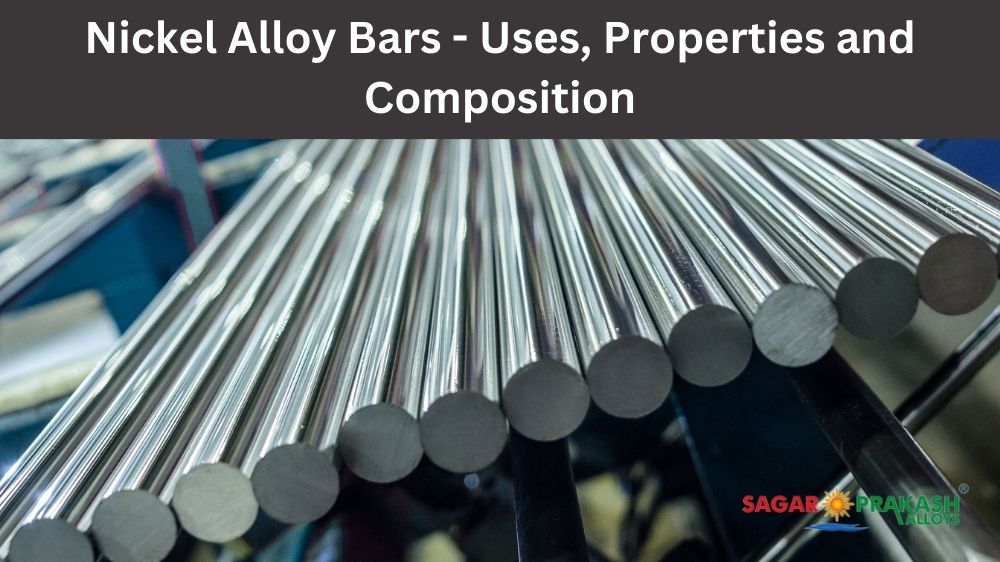Nickel alloy bars are widely considered one of the most versatile and effective materials in the manufacturing industry today. They possess many unique properties that make them ideal for various industrial applications. However, the composition and properties of each different nickel alloy vary, so knowing the right one to use for a particular application is crucial. In this blog post, we will discuss Nickel Alloy Bars‘ uses, properties, and composition in detail. So, whether you want to know more about this material for research purposes or want to use it in your manufacturing process, read on!
Composition of Nickel Alloy Bars
Different types of nickel alloys have different compositions. However, one common thing to all of them is that nickel forms the base of the alloy. Other metals may be added to the nickel to form specific alloys depending on the application. For example, nickel-chromium alloys are suitable for high-temperature environments and are composed of nickel, chromium, and iron elements. On the other hand, nickel-copper alloys are ideal for use in marine environments and contain nickel, copper, and iron. Other popular additions to nickel include molybdenum and tungsten.
Properties of Nickel Alloy Bars
Nickel alloy bars possess some unique physical and mechanical properties. Firstly, they have excellent corrosion resistance, which means they can withstand chemical reactions and are not easily damaged. Secondly, nickel alloys have high temperatures and pressure endurance, which is necessary for applications that require a material to function effectively in extreme environments. Also, nickel alloys are highly resistant to abrasion, making them ideal for use in applications involving wear and tear, such as machinery and equipment.
Uses of Nickel Alloy Bars
Nickel alloy bars have many uses, but some prominent ones include their use in manufacturing chemical processing equipment, electrical components, marine equipment, and aircraft. This material is so versatile because it has excellent corrosion resistance properties, can withstand high temperatures and pressures, and is highly resistant to abrasion. This makes it ideal for use in harsh and corrosive environments, such as underwater and chemical processing plants.
Conclusion
Nickel alloy bars are essential in the manufacturing industry because of their unique properties and applications. The composition of each nickel alloy varies, making it crucial to determine the ideal one to use for different applications. Generally, nickel alloys have excellent resistance to corrosion and high-temperature endurance properties, making them ideal for use in harsh environments. Additionally, they can be combined with other metals, such as chromium, copper, molybdenum, and tungsten, to produce specific alloys suitable for particular applications. Whether you are a manufacturer, researcher, or simply interested in knowing more about this material, the properties and composition of nickel alloy bars make them worth studying.





